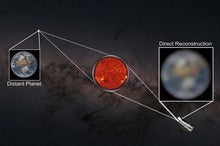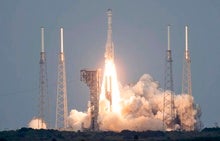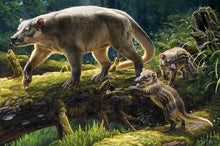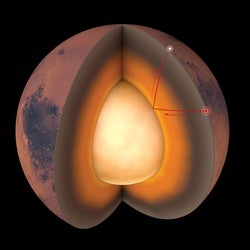 |
| May 26, 2022 |
Dear Reader,
This week's top story is about the swan song of NASA's Insight mission. The robotic lander is nearing the end of its life, but it's not going quietly. Earlier this month, despite plunging power levels due to dust caking its solar panels, InSight managed to discover and study the most powerful quake ever detected beyond Earth. The 5.0-magnitude temblor may be close to the strongest seismic activity a world like Mars can produce, mission scientists say. What's certain, though, is that the feat is a fitting finale for the lander's lonely, groundbreaking sojourn on the Red Planet. Elsewhere this week, we have stories on a radical approach for imaging Earth-like exoplanets, new pathways for seeing a nigh-unobservable quantum phenomenon and more. Enjoy! |
| |
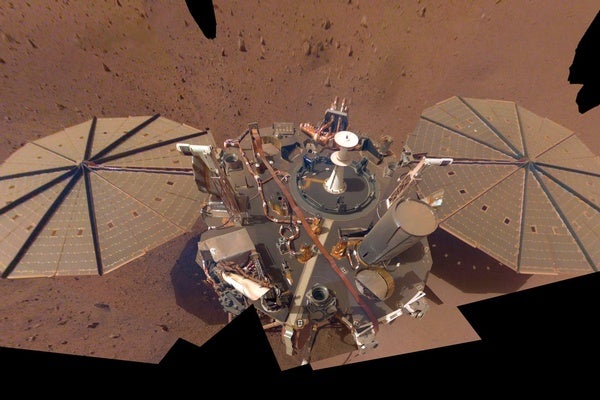 |
| |
| |
| |
| |
| |
| |
| |
| |
FROM THE STORE
 | | Extraterrestrials and the Search for Life Do aliens exist? The enduring mystery of whether we're alone in the universe is a question that continues to drive scientific study into groundbreaking directions. This collection examines the latest thinking in the search for life, from discussing why we haven't found evidence of aliens so far to determining where and how to conduct the search to opening up the possibilities for what otherworldly life could truly look like. |  | | |
| |
FROM THE ARCHIVE
 | | | |
LATEST ISSUES
 |
| |
| Questions? Comments?  | |
| Download the Scientific American App |
| |
| |



